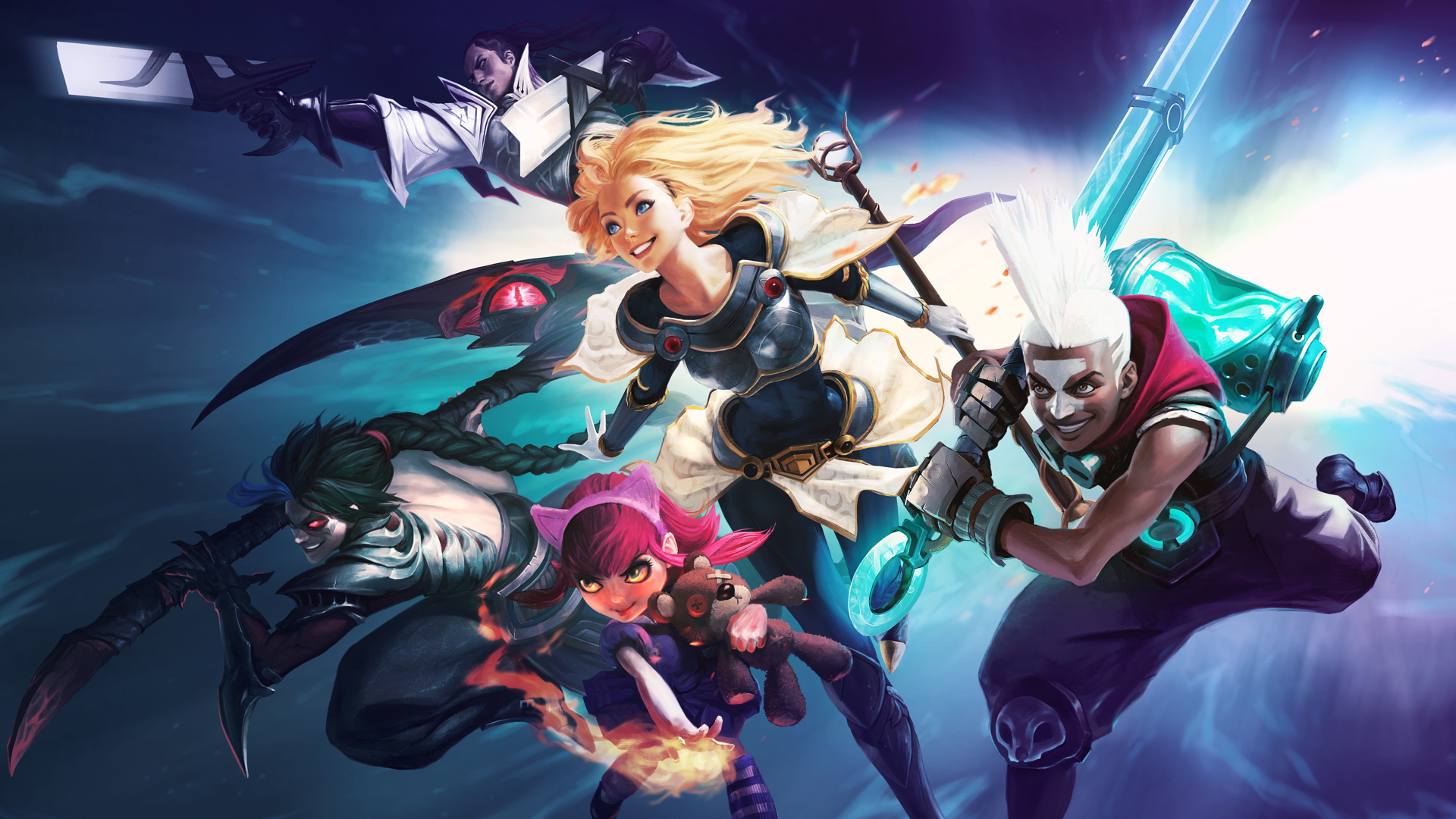
Now that the 2020s are officially upon us, it's only natural to wonder what the next decade of PC gaming will bring. Better graphics and faster hardware are a given, but considering how blindsided we were by some of the past decade's biggest, weirdest surprises—like loot boxes, Steam Early Access, and battle royales—it's also a safe bet that 2020 will have some strange surprises of its own. So everyone at PC Gamer is dusting off their crystal balls to try and predict some of the biggest stories and trends that will happen over the next 10 years.
Riot becomes the new Blizzard
Robin: Blizzard’s fortunes have seemed increasingly shaky over the last couple of years. Just when you thought the most unpopular thing they’d do in the decade was announce a mobile game, they decided to spark an international incident. Stories from inside the studio are troubling, too, with reports implying that the company culture may have been changing for the worse for years. Meanwhile, Riot’s made its play, announcing a billion games and an entire multi-media empire in one press conference. I don’t think all its gambles will pay off, but I could easily see its star being more ascendant than ever over the next ten years, while Blizzard’s increasingly dwindles.
Fraser: Riot’s had even more issues that Blizzard, and while it’s designing several games that will inevitably compete with Blizzard’s, I don’t think it’s ever going to reach the same heights. It’s arguably been squandered, but Blizzard’s long legacy is part of the reason that, even now, it’s beloved by a legion of fans, whereas Riot has one game that’s infamous for its toxic community. I’m not sure how Blizzard is going to come out of the next decade and I wouldn’t be surprised if its popularity did dwindle, but I’m don’t think anything will replace it.
Steven: Sorry, Fraser. I'm with Robin on this one. That one game you mentioned also happens to be the world's most popular with a daily player count that probably beats every Blizzard game combined. Toxic community notwithstanding, I think Riot's aggressive expansion is similar to Marvel's Cinematic Universe and has all the potential to be just as popular.
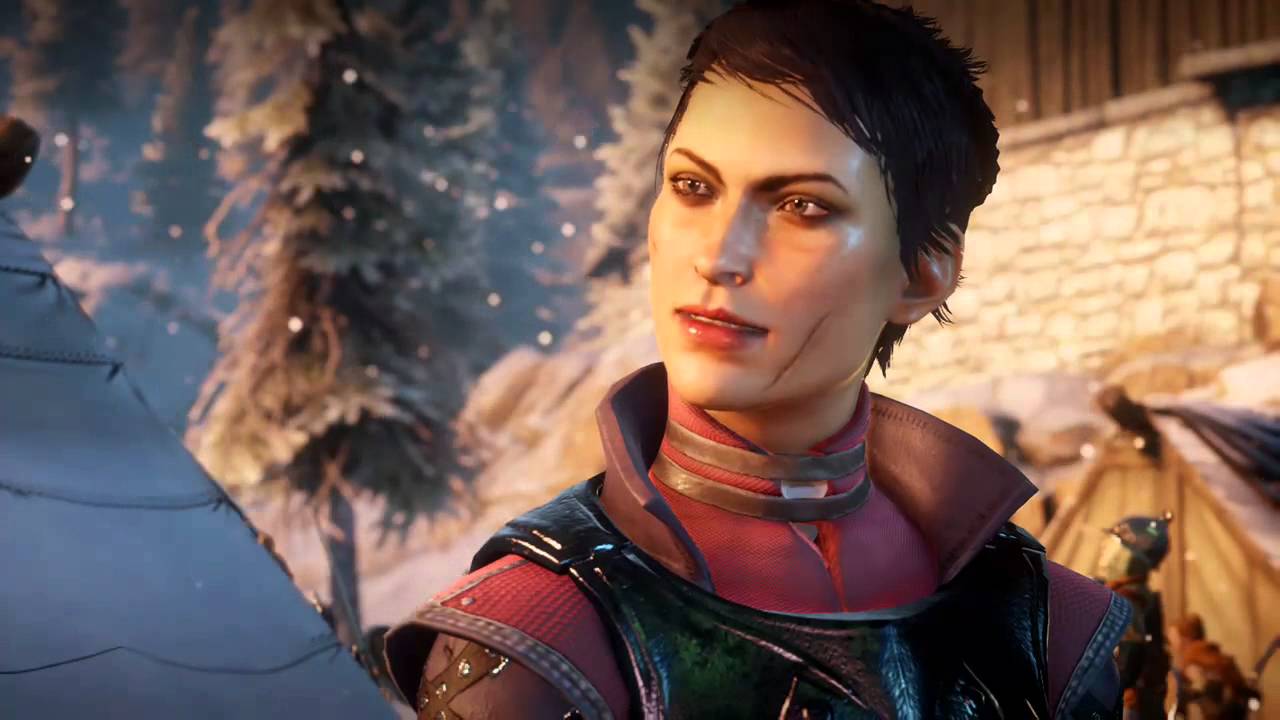
BioWare fades away
James: Dragon Age 4 sounds nice, but it can't land too short of Modern Classic if BioWare wants to bring back its former reputation as one of the better big-budget storytellers in games. With so many new vacancies left by longtime employees and the constant shuffling around of those who remain, my faith in BioWare's delivery is at an all time low. To be clear, I'm not hopeless, I'm just... not optimistic.
Steven: I agree. I think this tail-end of the 2010s has shown that nothing gold can stay and sometimes beloved studios lose their way. With BioWare, I'm increasingly worried that they're no longer the studio I fell in love with 20 years ago. There's too much riding on Dragon Age 4, and that makes me worried that if BioWare cracks under the pressure again it'll be another Anthem-like disaster.
VR finally breaks through
Tyler: VR won't replace screens—that'd mean the death of popular genres, and be totally inaccessible for some—but by 2030 it will be much more popular. All-in-one headsets with built-in tracking will accurately detect the movements of our feet, hands, and joints, as well as our facial expressions, making our Sonic meme avatars extremely lifelike.
The biggest gaming news, reviews and hardware deals
Keep up to date with the most important stories and the best deals, as picked by the PC Gamer team.
James: I'm not convinced. I mean, I think it will be more affordable and accessible, but I think the inconveniences will quickly outweigh the novelty. Wearing a big headset, closing yourself off to your surroundings, holding a bright magnified image inches from your eyes—the effect is astounding, for a while at least. And then it's exhausting. And then normal. The adoption rate will swell and deflate with every incremental update or 'killer app' until the promise of a virtual world isn't all that exciting anymore. Half-Life: Alyx will be great, though.
Chris: Maybe, but I think it's still going to give a lot of people motion sickness, which is something that might get even worse as the fidelity of VR gets better. That means a lot of people will still be slowly teleporting around inside games rather than using normal locomotion because it just messes with our brains and bodies in ways that no amount of technology can solve. Motion sickness is going to continue to keep VR a niche interest and a cool novelty rather than a breakout phenomenon.
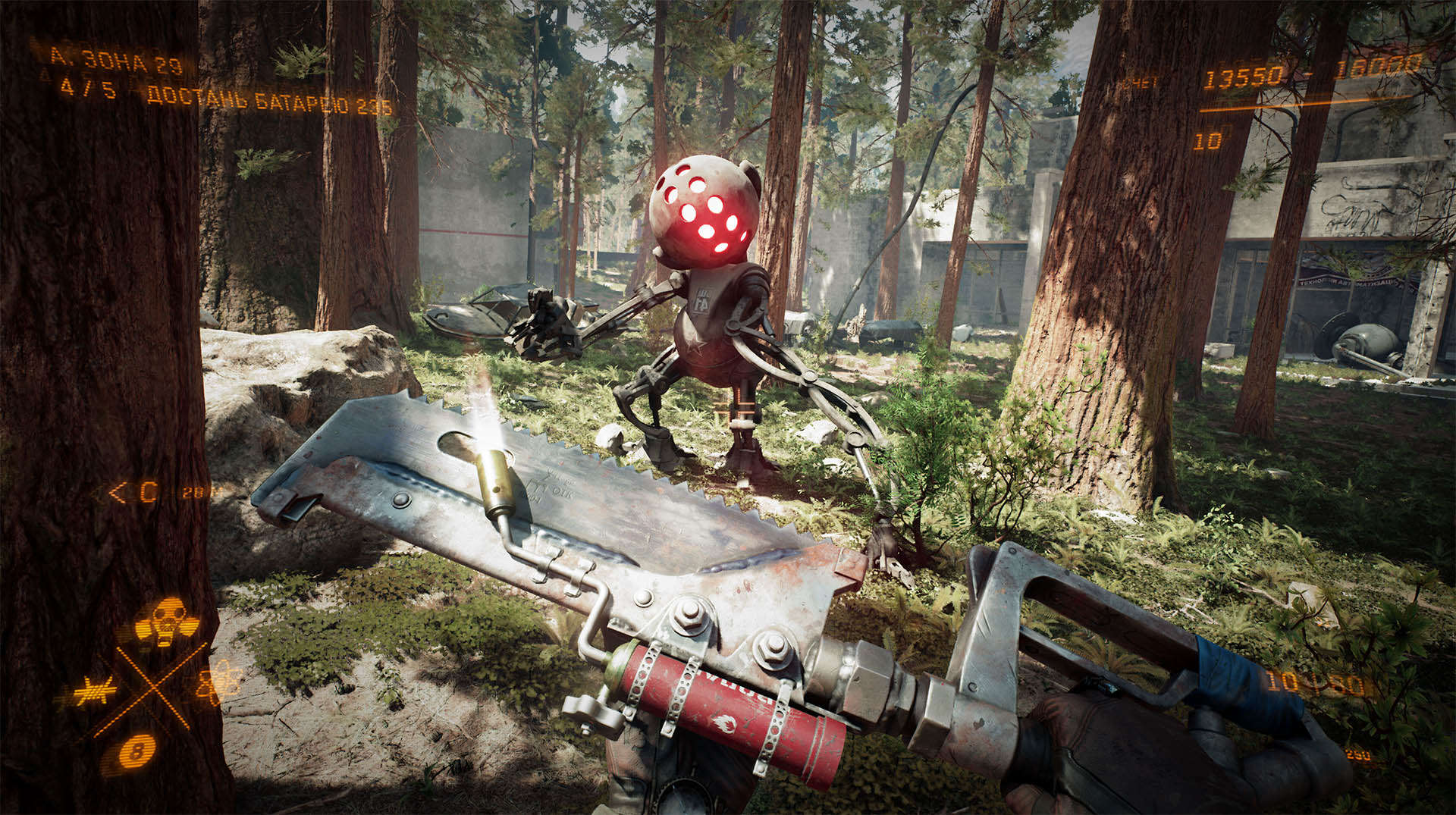
Ray tracing and 4K become the new standard
Tyler: At the start of the '10s, people were complaining about not being able to read text on their SD TVs. In the decade that followed, 1080p became normal, and then 4K TVs became normal. Still, true 4K gaming (as in, no upscaling) is considered high-end today. This is a boring, conservative prediction, but I'm going to say that'll happen again: 4K fully replaces 1080p and 1440p sometime in the '20s, and by the end of the decade, 8K and up are the high-end choices.
James: I'm too dumb to nod my head at the ray-tracing bit, but I'm fairly certain 4K will be the new 1080p. Just 10 years ago, the most popular resolution was 1280x800. We're on pace to make 4K the norm. But what then? 4K is enough, right? What then?
PC hardware advances will slow way down
Jarred: I'm going to piggyback off Tyler here, but focus on processors and manufacturing technologies. The fun prediction would be to assume Moore's Law is alive and well and computers continue to progress in leaps and bounds. The reality: we're hitting a wall. Actually, we've been hitting walls for the past decade, but each new wall becomes taller and thicker. Ten years ago, a state-of-the-art CPU was manufactured on 45nm tech, and GPUs were on 55nm. We've gone through three or four transitions since then (32nm, 22nm, 14nm, and kind of 10nm for Intel; 40nm, 28nm, 16/12nm, and 7nm for TSMC). Ten years from now, I expect three transitions at most (eg, 5nm, 4nm, and 3nm), but the real improvements from each process shrink will become less noticeable. A Core i9-9900K or Ryzen 9 3900X will still be doing okay, but your graphics card will have been upgraded several times, because 4K 144Hz gaming isn't happening on today's GPUs.
James: The time for smellovision is nigh.
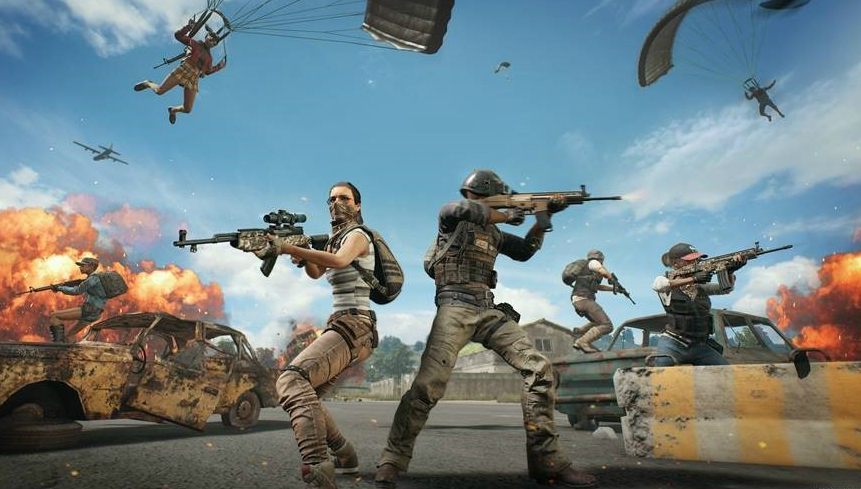
The most popular game is from a genre we've never heard of
Tyler: Battle royale games didn't exist in 2010. Neither did autobattlers like Dota Auto Chess. Roguelikes were just starting to make a comeback as 'roguelites'. No one was using 'walking simulator' as a term of endearment or criticism. No one was searching for the term 'soulslike' until 2015. There were no 'strand games' that I can recall, because it's something Hideo Kojima made up. Only time will tell if he's on to something.
James: Like, what's going to be so new that Fortnite kids think it's too obtuse or naive to get into? I couldn't have predicted Fortnite, but I'm thinking whatever comes next will come from the increased scale and level of simulation new technologies will allow. Better graphics aren't the thing, I'm thinking about how the novelty of 100 people shooting each other on an island was enough to birth BR. Layer in way more and much deeper systems, be it weather, physics, building, lighting—whatever really—and the new ideas will spill out of the dev scene and onto the internet. That's my aspirational take. It'll actually be something that emerges from dumb luck.
We won't buy PC games anymore
Harry: Ok, hear me out. I'm not saying we're all just going to up and put down our mouse and keyboards en masse, but by the end of 2030, individually buying games to keep will just seem weird. Services like Xbox Game Pass for PC will be joined by others looking for a lucrative slice of the subscription-service pie, and become ubiquitous. Just like Netflix, Amazon Prime, and Hulu did for the small screen, we'll be juggling various Game Pass-like products and never really own anything. Because we're millennials and don't deserve to.
Rachel: I don't think we'll buy PC games anymore because I feel a majority of games will choose to take the free-to-play route. Many of the biggest games right now are free-to-play and I reckon this style of business model will be an overwhelming majority in 2030. Fortnite's micropayments model has overwhelmingly proven that it's a viable route for gaming companies. Instead of buying games, the focus will turn more to buying in-game virtual goods and premium features.
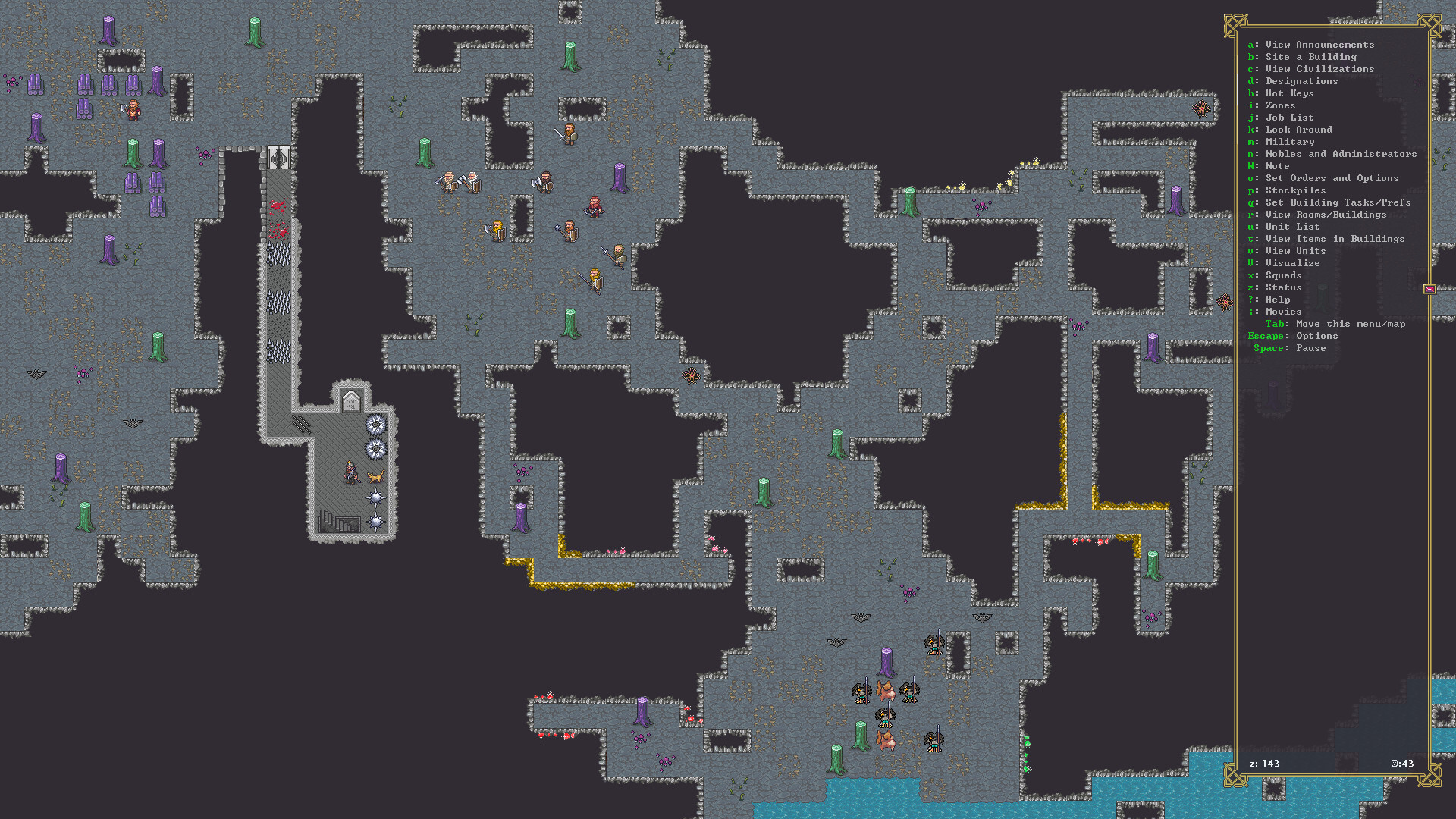
Dwarf Fortress simulates meta consciousness, dwarves realize they're inside the simulation
Dwarf Fortress creator Tarn Adams has said he wants to simulate all the "narratively interesting" aspects of existence, and I'm betting that means we'll 100 percent have a Dwarf Fortress Truman Show moment sometime in the next decade. Dwarves already have complex mental and emotional states, so it's not a leap to imagine them becoming self-aware enough to realize they're fictional beings inside a massive simulation. The question is, what will the do when they find out?
Loot boxes will be a thing of the past
Robin: Though some of their stealthier forms might survive—‘card packs’, for example—I think your run-of-the-mill loot boxes aren’t long for this world. There’s just too much scrutiny on them these days. If government regulation doesn’t kill them, publisher skittishness will, and they’ll end up banished to the same graveyard online passes got chucked in. The catch? I think they’ll be replaced by something even more insidious.
James: Loot boxes will just get supplanted by data collection psyops. Destiny 2 is almost already there, a collection of feedback systems on a micro and macro level, from the recoil after pulling the trigger and the gas escaping from where the Cabal's head used to be to the little sound and animation that plays when turning in a bounty. Service based games are endless fonts of granular information, so the structures to tune player experiences to the individual will likely take shape. Attention will become a higher priority than how microtransactions are presented. We might see them disappear completely.
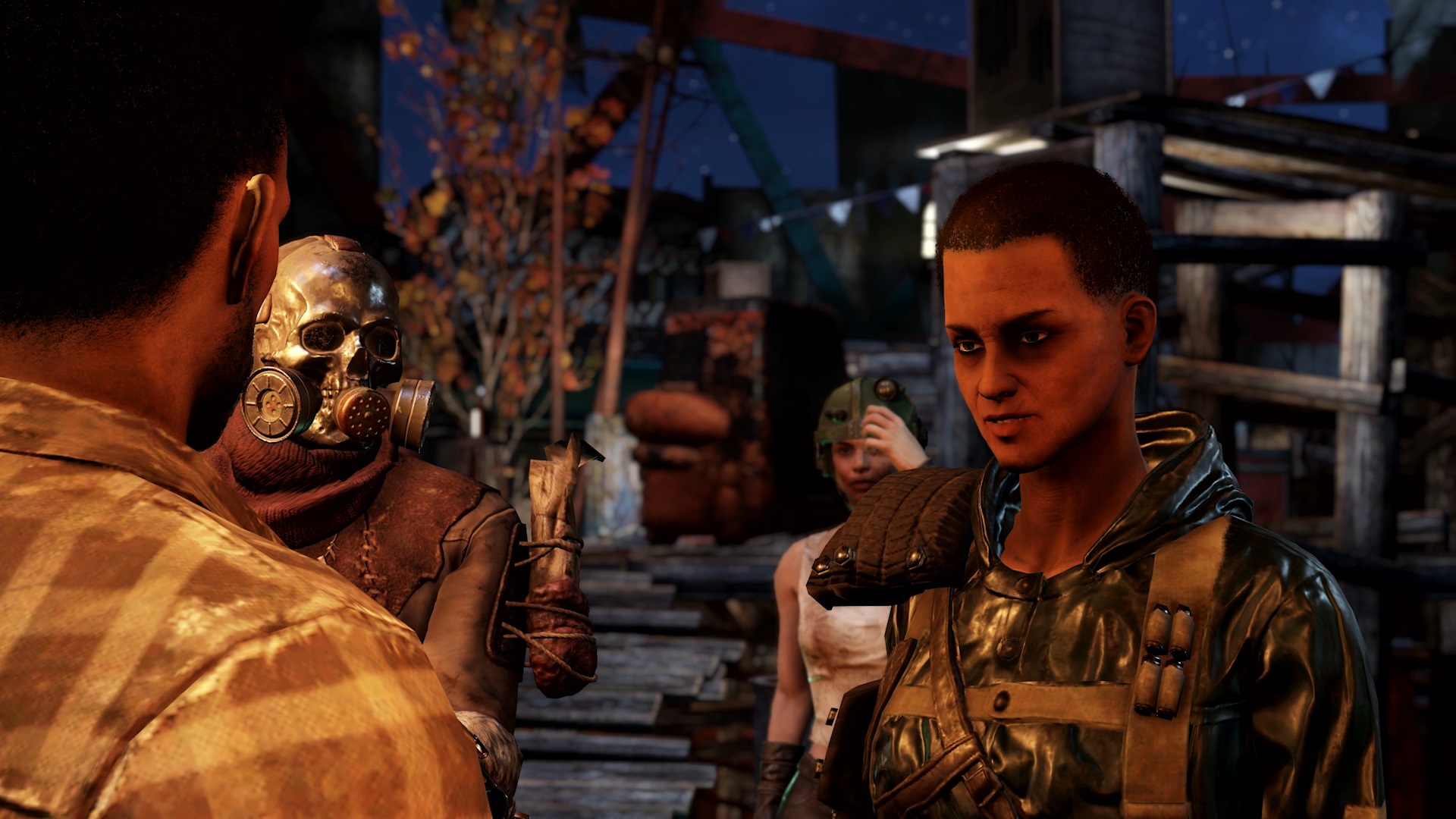
Bethesda will stop making singleplayer games altogether
Chris: Bethesda will release Starfield and The Elder Scrolls 6 at some point in the next decade, but after that? I wouldn't be completely surprised if we never saw another traditional singleplayer RPG developed by the studio. I don't much care for Fallout 76, and I'm not alone. But there must be tons of people still playing it because it keeps chugging along, and even the resoundingly unpopular Fallout 1st subscription has plenty members—pop into a session and you're bound to come across a few. I expect Bethesda will get better at making online games this coming decade, and if they do the focus will drift away from singleplayer RPGS entirely.
The collective PC Gamer editorial team worked together to write this article. PC Gamer is the global authority on PC games—starting in 1993 with the magazine, and then in 2010 with this website you're currently reading. We have writers across the US, UK and Australia, who you can read about here.


